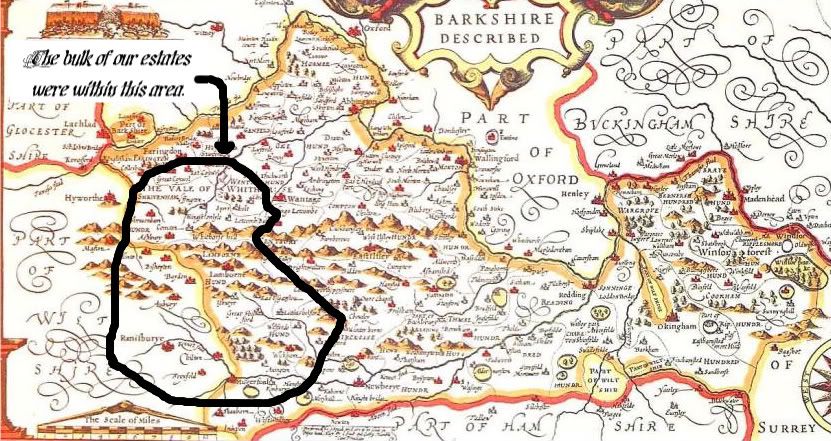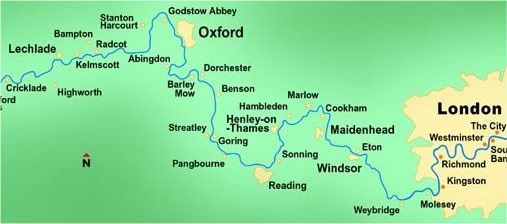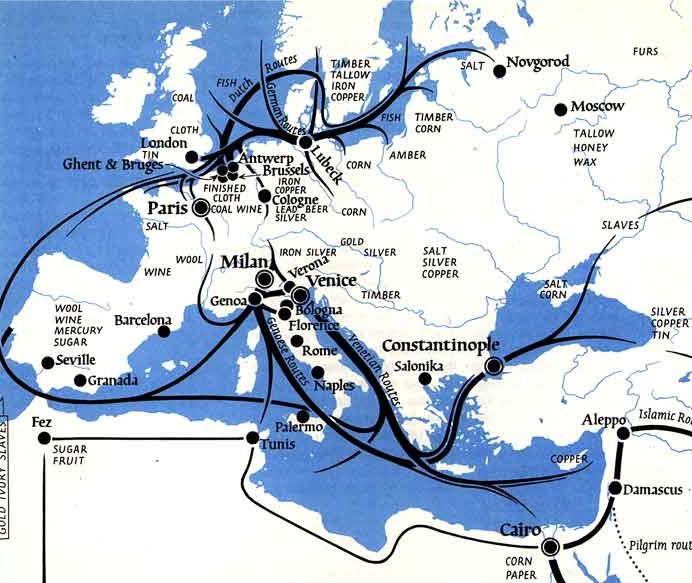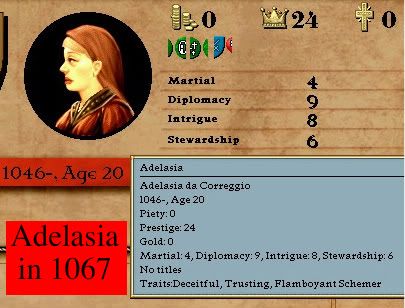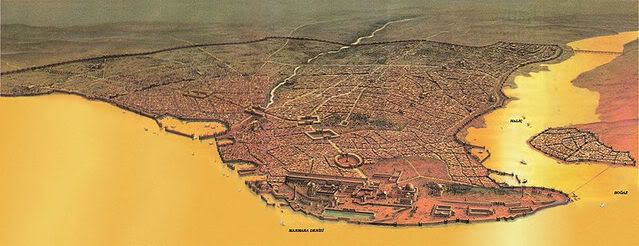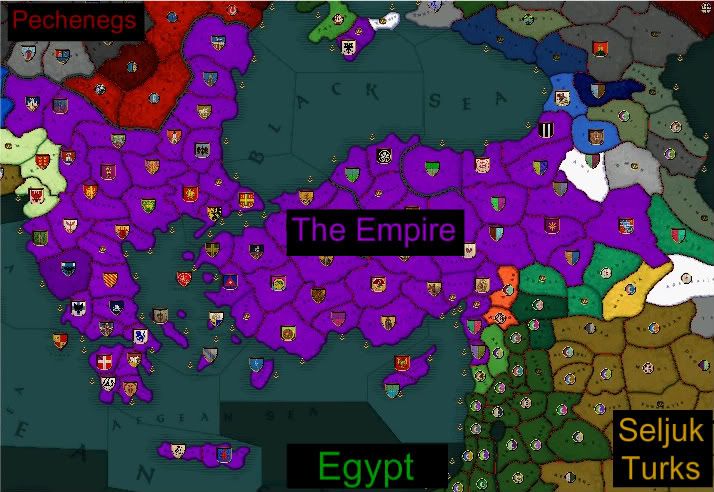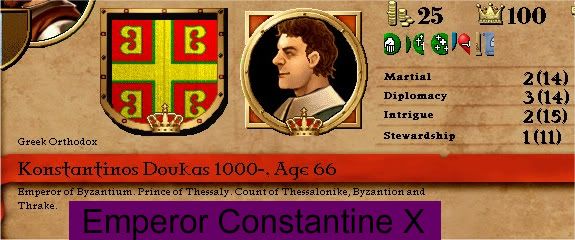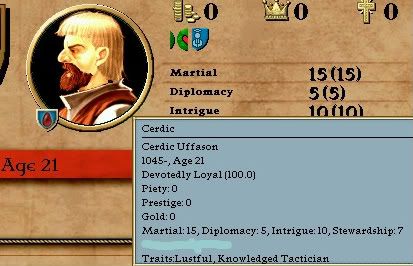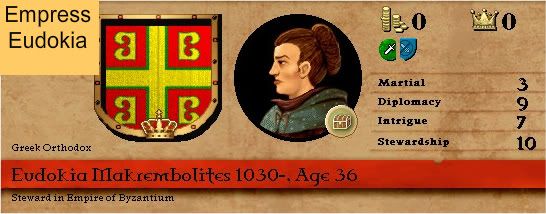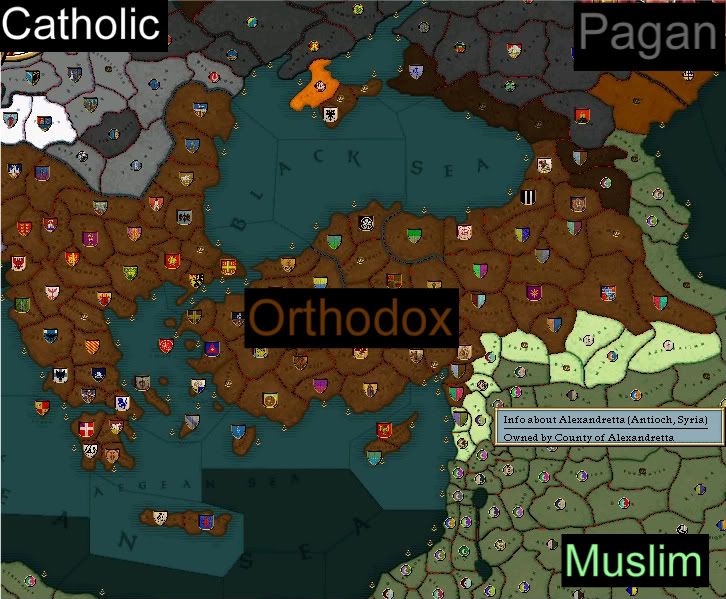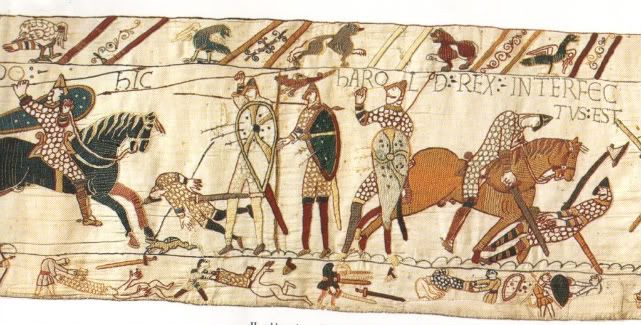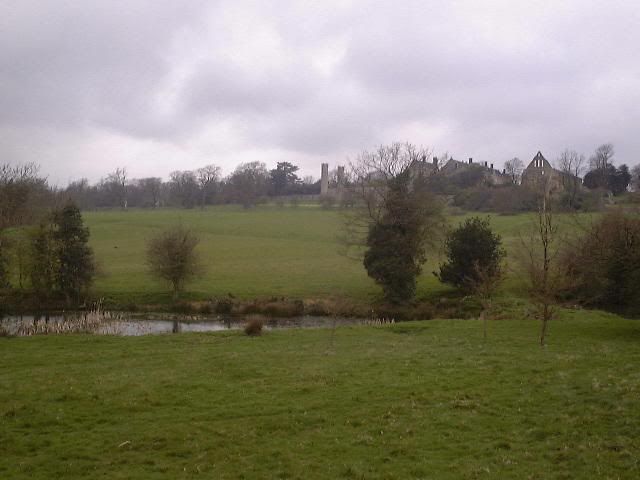Part 5 - Lessons with the Empress
Constantinople was the greatest city in Christendom. Its grandeur was as far beyond the cities of Italy as they were beyond London and Winchester. Its population was vast beyond reckoning, but probably contained more people than the whole of Wessex.
Its buildings too were unmatched in the rest of Christendom. From the piety of the Patriarch’s Hagia Sophia cathedral, to the altogether different worship of the factions in the Hippodrome, every taste was catered for. It sat where Europe meets Asia, and where the trade routes of the Mediterranean meet those of Russia and the north. Were its residents wrong to regard it as the true centre of civilisation?
The Pope might assert the primacy of Rome, but the residents of Constantinople knew that Rome was just a decayed remnant of what it had been. A place where livestock grazed on the ruins of the forum. Yet Constantinople still stood, greater than ever Rome had been. A bulwark against the dark tide of barbarism that had overwhelmed the Western Empire 600 years before and the second wave that had claimed much of the east 300 years ago. A second Rome that had never fallen to the barbarians and surely never could.
Yet the Eastern Empire was built on a fundamental contradiction. The people knew themselves to be the true heirs of Rome and called their state the Roman Empire (or Rhomania), yet they spoke Greek and were perceived by you Franks as the Empire of the Greeks.
The people of the Empire used a mixed bag of Greek and Hellenised Latin terminology as might be expected when an Empire such as this had endured for a thousand years. This causes confusion for you Franks when you try to understand the affairs of the Empire. I believe you even have a silly phrase that something unintelligible is “all Greek to me”.
Therefore I will try to render some key terms in ways that will be more familiar to you. In particular, the Strategoi that lead the local forces of the Empire in the main provinces (Themes) will be called Princes. This is necessary, as you might translate Strategoi as merely a general or marshal, when in fact they were significant nobles in their own right. In power and dignity they are equal to one of your dukes, having frequently turned a de jure appointed position into a de facto hereditary one. The nobles that rule the districts within each Theme will be referred to as Counts (another term you Franks are familiar with).
It should be noted that our family records are even more confusing as we have added a smattering of English terms to this mix over the years as well.
The Emperor Constantine X Doukas was an old man of when Cerdic Uffason arrived in Constantinople. Although a member of one of the most prominent families in the Empire’s military aristocracy, Emperor Constantine was himself more of a scholar and intellectual. His intellect was not applied to the task of rejuvenating the Empire and instead his attention was focused on the luxury that surrounded him.
The conflict of interest between the Themes of the outer Empire and the bureaucracy in Constantinople was not new, but did have an insidious effect on the strength of the Empire during Constantine Xth’s reign. Strong armies in the border Themes kept the Empire safe from barbarians, but gave the Princes an independent powerbase that could be turned on the centre. To the bureaucrats the solution was clear. They must weaken the frontiers to keep themselves safe from their countrymen. The quality of the Greek troops declined, and the reliance on foreign mercenaries increased. Good news for young foreigners like Cerdic, but bad news for the Empire as a whole.
Cerdic found that employment in the Emperor’s Varangian Guard was relatively easy to come by. He looked the part, being big, strong and northern. His native tongue was near enough to that of the Scandinavians that he could converse freely. He could use a two-handed battle-axe (although he preferred a gentleman’s sword) and had spent enough time with huscarls and guards that he was not intimidated by them.
He might have stayed a common guardsman but for the element of refinement that Domenico Corregio had added to his manners. He also rapidly applied himself to learning Greek ways and the Greek tongue. Some of their customs were very strange though, for example using a strange pronged cutlery instrument for spiking food when any normal Englishman could manage with his knife and spoon.
Empress Eudokia was the niece of Patriarch Michael of Constantinople. Despite having had seven children with Constantine X, she was not overly enamoured of him and was eager to expand her own power at the expense of his. There are three stories over how she came to befriend Cerdic Uffason. Firstly, that she had a romantic interest in him (which he always denied, but his sons believed). Secondly, that she wanted to expand her influence within the Varangian guard (which is plausible, but was Cerdic really influential enough for this to have been of value?). Thirdly (and this was the story Cerdic always gave) was that she was educating him in theology. Cerdic did indeed convert to following the Orthodox rite during this period (later telling his sons that he couldn’t understand Latin priests, so it was no loss to swap to not understanding Greek ones). However, questions could be asked about whether this religious instruction had to be conducted alone in the Empress’ chambers, or on rides out into the Thracian countryside.
Whatever the truth of the matter, Emperor Constantine felt it was necessary to permanently remove Cerdic from the scene.



